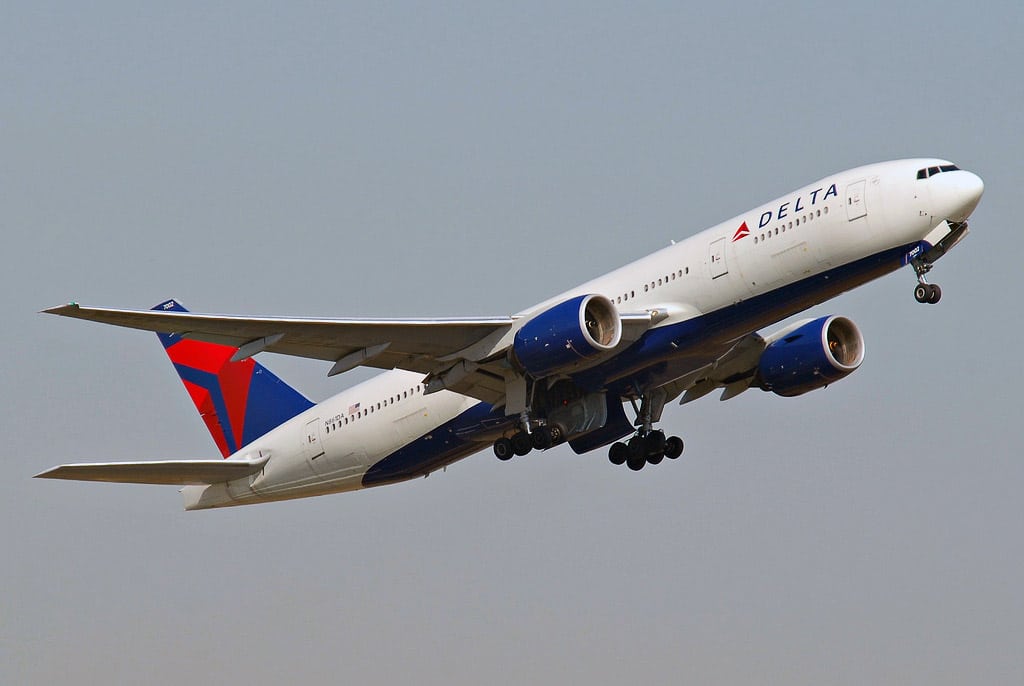Delta Plans to Retire Boeing 777 By End of Year
Airline company Delta has recently revealed that it plans to retire its 18 widebody Boeing 777’s by the end of the year du to the COVID-19 pandemic.
According to the company’s press release, the retirement will accelerate the airline’s strategy to simplify and modernize its fleet, while continuing to operate newer, more cost-efficient aircraft.
“We’re making strategic, cost-effective changes to our fleet to respond to the impact of the COVID-19 pandemic while also ensuring Delta is well-positioned for the recovery on the backside of the crisis,” said Gil West, Delta’s Chief Operating Officer.
“The 777 has been a reliable part of Delta’s success since it joined the fleet in 1999 and because of its unique operating characteristics, opened new non-stop, ultra-long-haul markets that only it could fly at that time.”
It was in April that Delta said it had plans to accelerate the retirement of the MD-88 and MD-90 fleets to June.
The company has said that since the onset of the COVID-19 situation, Delta has reacted quickly by parking aircraft and considering early aircraft retirements to reduce operational complexity and cost. To date, the airline has parked more than 650 mainline and regional aircraft to adjust capacity to match reduced customer demand.
Delta said it will continue flying its fleet of long-haul next generation Airbus A350-900s, which burn 21% less fuel per seat than the 777s they will replace.
The company expects to record impairment charges of $1.4 billion to $1.7 billion as a result of the aircraft retirements. “[P]arking this fleet will provide significant cost savings over the next several years,” Chief Executive Ed Bastian wrote in a memo to employees. “Delta is burning about $50 million every day, and steps like this help us stem the bleeding, in an effort to safeguard Delta jobs and our future.”
Disclaimer: We have no position in Delta Air Lines, Inc. (NYSE: DAL) and have not been compensated for this article.


